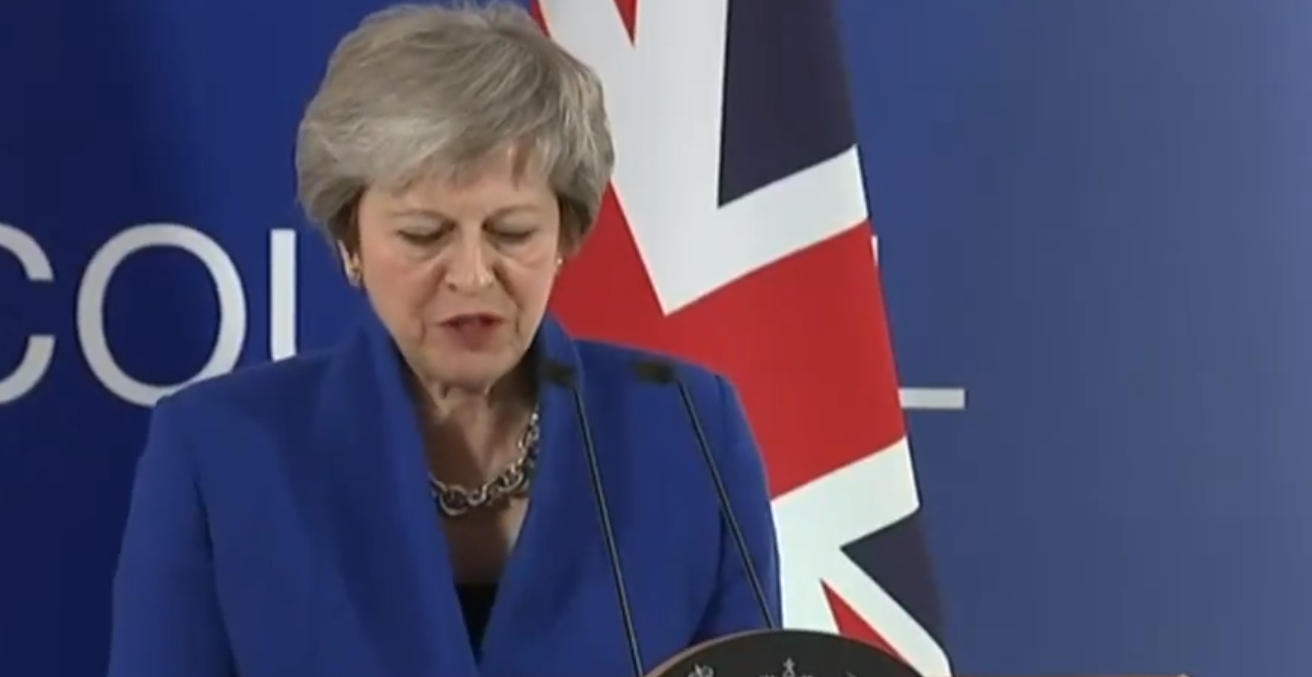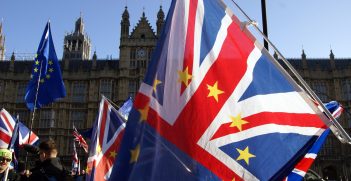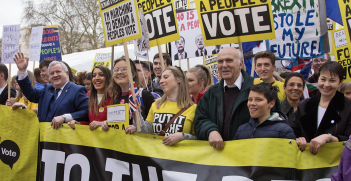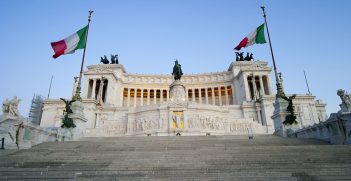Brexit: the Art of the Next Best

Theresa May’s efforts to negotiate what may be the best deal possible may be rendered futile by intransigence by British Parliament.
Two weeks ago, few political commentators gave Theresa May, Britain’s prime minister, much chance of keeping her job, let alone delivering to a bemused public a Brexit deal that gives them many of the perceived benefits they voted for.
These include, significantly, total control of the country’s borders and a brand new immigration policy (one that for the first time in more than four decades treats Australians as equal with Europeans), plus an end to the hated common agricultural policy, the common fisheries policy and the role of the European Court of Justice in the UK.
“It will give us back control of our money, laws and borders”, Mrs May says. When the UK leaves the EU on March 29 next year, it will be free to negotiate free trade deals with other countries, including what is hoped would be a frictionless deal with the 27-nation EU. At the weekend in Brussels, EU leaders signed off on the agreement, and made it clear that further changes were non-negotiable. This was a far cry from a fortnight earlier when hard-line members of the Tory right were braying for the prime minister to be brought before a parliamentary committee and sacked.
Mrs May has achieved a deal through dogged persistence and an ability to grasp detail, while exuding the sense that she is acting in the national interest rather than for personal glory. Her problem now is that she has to win over some 700 truculent members of parliament (MPs) who are opposed to the EU agreement, on which the House of Commons votes on December 10. The arithmetic is not looking good. Even though she managed to hold her Cabinet together through the final stages of Brussels talks, ministers privately acknowledge she faces an uphill struggle to win essential parliamentary approval.
Labour, the Liberal Democrats, the Scottish Nationalists, the Democratic Unionist Party and many Tory MPs say they will vote against it. The DUP are the Conservatives’ only allies in government, and their support allows Mrs May to govern with a majority of one, but the Northern Ireland-based party is opposed to the “backstop” arrangement within the agreement. It claims the arrangement does not give the province sufficient protection from EU laws.
It must have been particularly galling for Mrs May to see her nemesis, her extravagantly ambitious former foreign secretary Boris Johnson, joining DUP leaders at their annual conference last week, acting as a cheerleader against the prime minister.
But Mrs May presses on, undeterred. She is undertaking a 12-day tour of Britain to “sell” her agreement, punctuated by a 24-hour trip to the G20 meeting in Argentina. She has taken on the aphorism credited to Otto von Bismarck, the iron-fisted first chancellor of the German Republic, who once said, “Politics is the art of the possible, the attainable – the art of the next best”. Yet it is unfortunate that Mrs May’s deal, while offering much of what Brexiteers voted for, is for most British MPs only second or third best. Despite the obvious attraction of taking back control of immigration, in economic terms the new arrangement does not stack up compared with remaining a senior member of the EU, able to participate in all of Europe’s decision-making processes.
To the hard left “Corbynistas” in the Opposition Labour Party, the agreement fails to win them another general election and the chance of real power. Hard right Tories such as the mannered, super-wealthy Jacob Rees-Mogg dream on about the return of a past era.
Of the other options, crashing out with no deal looks the least palatable and most likely, which is why Mrs May might just make it through with her deal. Not many MPs have swung publicly behind May, but one prominent former Cabinet minister who has done so is the very pro-European Ken Clarke, Father of the House. Mr Clarke described the deal on the BBC as “a bit of a dog’s breakfast”, but said he would support it because it avoids a no-deal nightmare scenario, and “gets us through to the transition when we can decide what our future economic relations will be”.
After a gruelling four days commuting between London and Brussels, Mrs May was hosting a reception in Downing Street on Monday night for 100 business leaders. Most of them support her deal. Alas, they don’t get to vote.
The chances are that thin that the UK Parliament will decide on December 10 to back Mrs May’s attainable but so obviously second best deal. If it does fail, Christmas in Britain will be a period of high political tension and market volatility where the only logical outcome is to stay within the shelter of the EU.
Postscript*:
As the standoff between Mrs May and MPs continued through the week, the Bank of England shocked the markets by warning that a “no deal” Brexit would plunge the UK into recession, cutting growth immediately by up to 8 percent, with unemployment and inflation rising sharply, forcing up interest rates and the prospect of a 30 percent fall in house prices. A separate Treasury analysis noted that Britain would be economically better off by remaining a member of the EU than taking any of the canvassed Brexit options, including Mrs May’s.
Colin Chapman is a writer, broadcaster and public speaker, who specialises in geopolitics, international economics and global media issues. He is a former president of AIIA NSW and was appointed a fellow of the AIIA in 2017.
This article is published under a Creative Commons Licence and may be republished with attribution.
* This article has been updated with developments as of 30 November.





